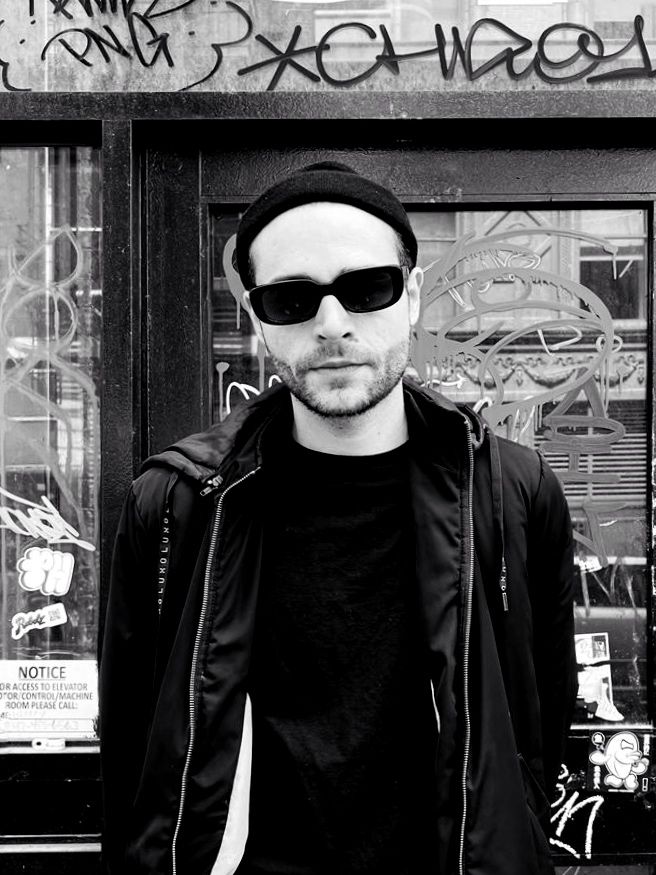Nice to meet you.
About
With more than 10 years of experience in the field of art direction, Sares combines the aesthetic ambition of the past with the current technological imprint, to generate an immersive experience that allows you to go from spectator to witness. His style is a constant progressive construction that was put together over the years. As a first general approach, since he was a child he has been very aware of classical art. At the same time, he always had a very close link with classical architecture. On the other hand, time is present in his work, this is because over the years he developed a certain appreciation for nostalgia, which in fact is one of the main triggers of the concepts he works on. A connection with those places detained in times of forgotten glory that reflect the passage of time in the crudest possible way, destruction as creation. Above all, because since he was a child he has been curious about how time is freely represented independently. He usually analyzes it by looking at the behavior of humidity on objects or the deterioration of fruit, for example. This developed over time. As the years passed and some of the most important people in his life left, the appreciation for what it was, grew. And that's when he began to embrace my roots even more, as a way of clinging to the construction of a real identity and keeping the memory alive in one way or another. Another constructive element of his style is nature, this is where life and beauty come into play in their maximum splendor; he generally makes use of flowers that he remembers from his childhood, those that were in the garden of his house or that were the favorites of a loved one. The rebirth after chaos, that moment where we begin to rebuild ourselves. This is due to the willpower put in more than once throughout his life to get ahead after complex situations that changed my life in a decisive way. And finally there is chaos. The present at its best, that moment where destruction is expressed, the disorder of everything that happens in an instant but we do not get to contemplate. He has always been curious about entropy, seeing change and the process that leads to change from state to order to disorder. He owes this to his country, his character and how it was formed throughout his life: he grew up among people of strong character, firm convictions and an enormous appreciation for values and ideals; This sometimes led to moments of tension, for example, which he understood more as an adult than moments of explosion. People sometimes need to release those thoughts that are usually destructive. This is where the expression of the harshness of the reality that everyday life here comes into play.
